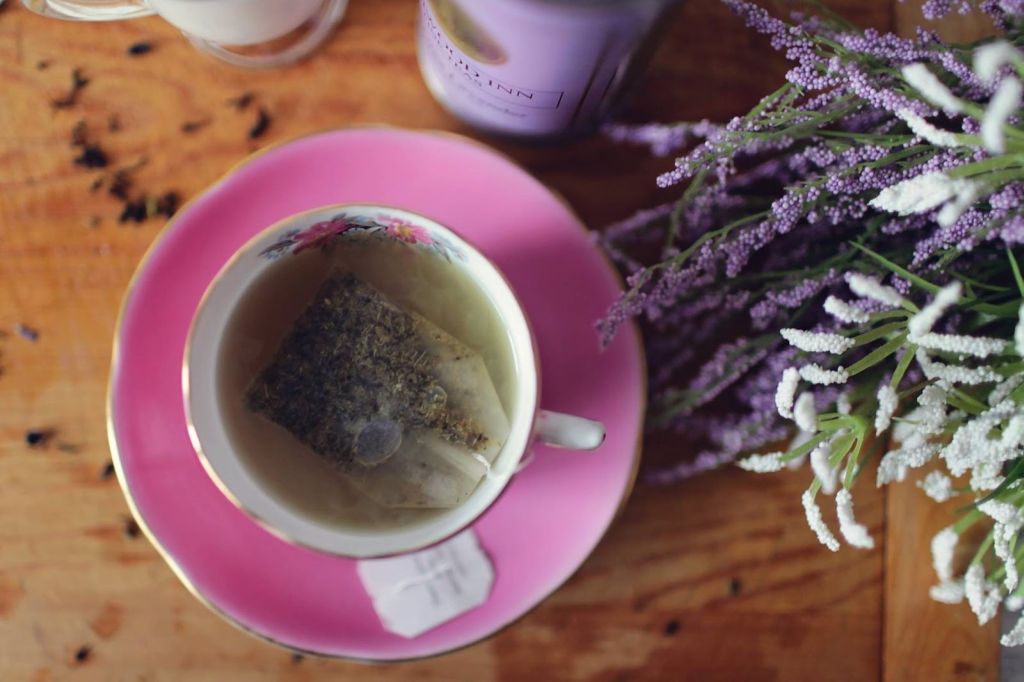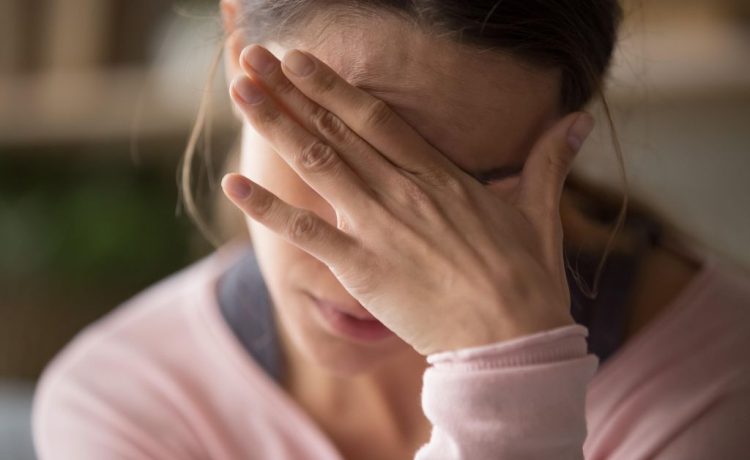Discover the Best Tea for Anxiety
We live in a fast world, and finding calm moments seems like a luxury today. If you are dealing with anxiety, these moments are more crucial to you. We all know that one of the most soothing remedies is a hot cup of tea. There’s nothing better, right? But what tea helps with anxiety?
In today’s blog post we share the list of the best tea for stress! Stay with us to find the right one for you to incorporate into your stress-relief routine. Without further ado, let’s dive into the world of teas!
The Health Benefits of Drinking Tea
Way back in history, tea was cherished not only for its incredible flavors but also for various health benefits. Tea can boost your mental well-being and improve your physical health. It contains antioxidants, minerals, and vitamins that help reduce inflammation, combat stress, and support heart health. Besides physical perks, tea can also provide you with mental tranquility and moments of mindfulness on a stressed day.
In addition, studies show that regular tea consumption improves cognitive function and focus. Let us explain this: The amino acid L-theanine is present in many teas, promoting relaxation without causing drowsiness. In other words, because of this acid, teas are excellent companions when dealing with anxiety and stress. They will help you relieve these symptoms while staying productive and alert at all times.
Furthermore, besides its natural health benefits, tea can also be a healthy option for other less beneficial habits. For example, try replacing sugary drinks or coffee with a soothing cup of warm tea! That will contribute to overall stability and wellness.
Why Do People Drink Tea for Anxiety?
The bond between anxiety relief and tea is not coincidental. As we said, many teas contain compounds that reduce stress and promote relaxation. Furthermore, even the act of preparing a warm cup of tea can be a form of mindfulness that helps you distract yourself from anxiety-inducing thoughts.
Additionally, a hot cup of tea delivers both physiological and psychological comfort. Holding a warm cup offers a sense of security, and the repetitive motion of sipping the tea can also be meditative.
Lastly, certain teas, such as green and chamomile, contain L-theanine, which has a calming effect. L-theanin interacts with neurotransmitters in your brain, helping to foster a sense of well-being and calm.
Okay, now that you have learned about tea’s health benefits, we can move on to the list of best tea for stress and anxiety.
Best Calming Teas for Anxiety
Peppermint Tea
This is a no-brainer. Pretty much everyone knows that peppermint tea has calming effects. The menthol in it acts as a natural muscle relaxant. Also, it can help soothe stress and tension. The aroma of peppermint, in particular, can be enough to improve clarity and relaxation.
Furthermore, this incredible tea can also help alleviate anxiety and depression symptoms. It’s an exellent option for those who experience anxiety-related tension because of its muscle-relaxing properties. It helps with headaches, too! Lastly, peppermint tea can help with stomach discomfort and aid in digestion.
The best part is that this tea is caffeine-free, making it an excellent choice for winding down at the end of a hectic day without the fear it will disrupt your sleep pattern.
Chamomile Tea
If you are wondering what tea helps anxiety, chamomile is the answer! It’s the most famous tea for relaxation. Its floral, gentle flavor is effective in calming your body and mind, too! Chamomile contains apigenin, which binds to specific receptors in your brain, promotes relaxation and reduces anxiety.
Some researchers have demonstrated that chamomile significantly reduces GAD (Generalized anxiety disorder) symptoms. In addition, it can improve sleep quality, so it’s best to consume it in the evening.
Chamomile is also anti-inflammatory and helps with digestive problems. It’s suitable for all ages, including children.

Lavender Tea
Lavender scent is probably the most famous scent in the world, and everybody associates it with stress relief and relaxation. But did you know drinking lavender tea can amplify these effects? Moreover, lavender contains compounds that influence the neurotransmitter GABA, which calms the nervous system.
Lavender can also improve overall mood and help reduce anxiety symptoms. Besides that, it also enhances sleep quality, so it’s a perfect option for those who struggle with insomnia caused by anxiety.
Like peppermint tea, lavender tea is caffeine-free, so you can enjoy it anytime.
Green Tea
Matcha Tea
Matcha tea is made from ground green tea leaves; however, it offers even more concentrated benefits than regular green tea. Like green tea, matcha also contains L-theanine, but at higher levels. Because of this, it’s perfect for improving mental clarity and reducing anxiety.
Moreover, combined caffeine and L-theanine provide a balanced energy boost without jitters.
People who need to stay calm and focused often drink this tea since matcha can promote a state of relaxed alertness.
Passionflower Tea helps with anxiety
Passionflower tea is known for its calming effects on the nervous system. It contains compounds that increase GABA levels in the brain, helping to ease anxiety and promote relaxation.
Moreover, passionflower, a natural alternative, can be as potent as certain anxiety medications in alleviating anxiety symptoms. Incorporating this tea into your routine can help soothe restlessness and enhance the quality of your sleep.
Passionflower tea can be a great addition to your evening routine!
Licorice Root Tea
Licorice root tea is also a great source of anxiety-reducing properties. It contains glycyrrhizin, which helps with stress relief. This tea can also help balance cortisol levels!
Drinking this tea will help relieve fatigue and anxiety symptoms. Licorice root tea can support adrenal function.
However, it’s important to be cautious when consuming licorice root tea, as excessive intake can lead to adverse effects.
Black Tea
Black tea is probably not the first tea you think about for anxiety relief, but it actually has its own benefits. It contains caffeine but has compounds like theaflavins and catechins that reduce stress and promote relaxation.
In addition, regular consumption of black tea can decrease levels of the stress hormone cortisol. This makes it a good option for those who choose a more robust flavor. It will give you a gentle energy boost.
Which Is Better: Loose Leaf Tea or Bagged Tea?
When it comes to quality and flavor, loose-leaf tea often reigns supreme. Its exceptional brewing process lets the leaves fully expand, releasing more natural oils and flavors. This results in a richer, more complex cup of tea, making it a top choice for tea enthusiasts.
Bagged tea, on the other hand, is more convenient and faster to brew. However, it is often made with smaller tea leaves or “dust,” which can affect the flavor and quality.
Ultimately, the choice comes down to personal preference and lifestyle. Both can offer anxiety relief benefits, so choose what works best for you.
When to Seek Professional Help for Anxiety
While tea can be an excellent mechanism for managing mild to moderate anxiety, it’s crucial to recognize when you need professional help. If stress and anxiety are severely affecting your life and overall well-being, you should consult a healthcare professional.
Conclusion
Tea is a natural way to manage anxiety and stress. From peppermint and chamomile to lavender and matcha, the options are numerous! Each tea has its own benefits, allowing you to find the perfect match for your needs.
Start by trying one of the teas we mentioned today. And remember, if you need additional help when dealing with anxiety, don’t hesitate to see a professional.





